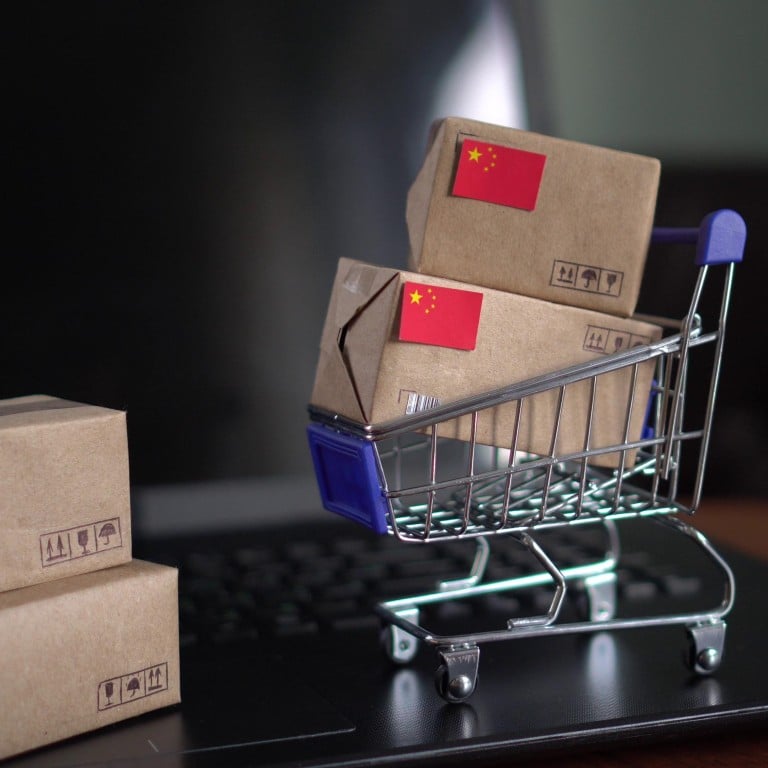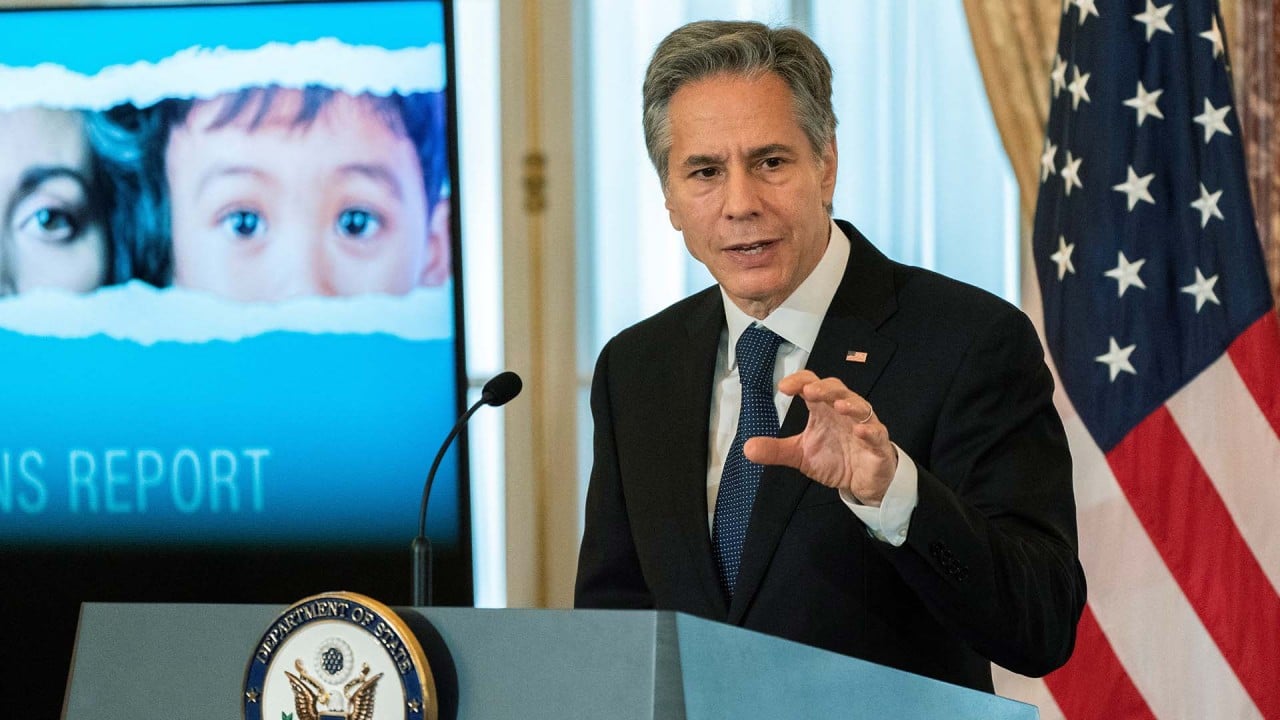
The US is making too big a deal over small Chinese parcels
- Alleging slave labour and drugs smuggling, some American senators are zoning in on how the country’s de minimis rule benefits Chinese companies
- But levying duties on low-value shipments will only punish consumers and small businesses – and do little to fight America’s fentanyl crisis
For US customs, it cut the administrative hassle and cost, which the revenue due on such small consignments hardly justified – they were too small to be bothered about.
The same week, senators Marco Rubio and Sherrod Brown introduced the Import Fairness and Security Act, which also targets the de minimis rule in relation to “non-market economies”. Soon after, the Congress Select Committee on the Chinese Communist Party released a “shocking” report focusing on Temu and Shein.
Whether these bills succeed in curbing de minimis exemptions, there has been strong resistance, in particular from retail shoppers and US small businesses.
US Chamber of Commerce head John Drake, and colleagues at the National Association of Manufacturers, forecasts damaging consequences for the US economy. Drake said: “De minimis has become a proxy for all sorts of anxieties as it relates to China and other trade-related challenges.”
As Drake put it, the collection of duties on low-value shipments “really wasn’t worth the trouble”.
According to the National Foreign Trade Council, cancelling de minimis could double costs: a parcel valued at US$50, without the de minimis exemption, would attract expensive paperwork costing about US$27 and a brokerage fee of US$20 – with whatever tariff is imposed falling on top of this.
Gary Hufbauer and Megan Hogan at the Peterson Institute for International Economics say dismantling de minimis would add complexity to supply chains and generate “creative circumvention” by shippers.
As for fentanyl and other drugs, they point out that both the US customs authority and shippers such as FedEx, UPS and DHL already have sophisticated means of detecting and banning illegal parcels. They also note that US customs is “on course” to seize 1.2 billion doses of fentanyl this year – but only 3 per cent of this from air cargo, the main channel for the movement of small parcels.
Others, including the National Foreign Trade Council, argue that the US needs more detailed and trustworthy upstream information on manufacturers and supply chains, and continued development of “trusted trader” schemes – but that neither of these improvements would require any change in de minimis rules.
However strong the anti-China passion in Congress or desire to “reshore” and “make America great again”, the 2016 decision makes sense. Changes to de minimis rules are simply not worth bothering about.
David Dodwell is CEO of the trade policy and international relations consultancy Strategic Access, focused on developments and challenges facing the Asia-Pacific over the past four decades





